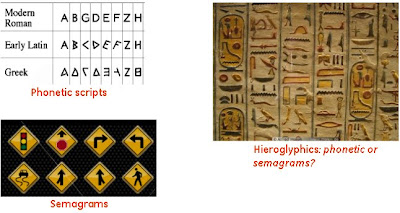Indiscriminate Kill
During the revolution in Egypt, when Hosni Mubarak flew his air force over Cairo, I was surprised. I mean, did the man really intend to bomb Cairo from the air? I had heard of the police and even the army going after civilians in dictatorships, but the air force? Not only did that seem like overkill, it is also indiscriminate-kill! After all, an air force will take out buildings, hospitals and roads just as effectively as it will wipe out humans. One of my friends didn’t think the air bombing would happen. His reason was amusing: he felt that only communists indiscriminately slaughter their civilians. And that sounded right. After all, the rest only do targeted killings. And he turned out to be right about Egypt. But not Libya. Gaddafi has used his air force on his civilians. And Gaddafi isn’t a commie. Hear the deafening silence from the Islamic world on the slaughter of their “fellow Muslims”? The same guys who rant about Palestine, Kashmir and the West won’t mumble a sentence abo
